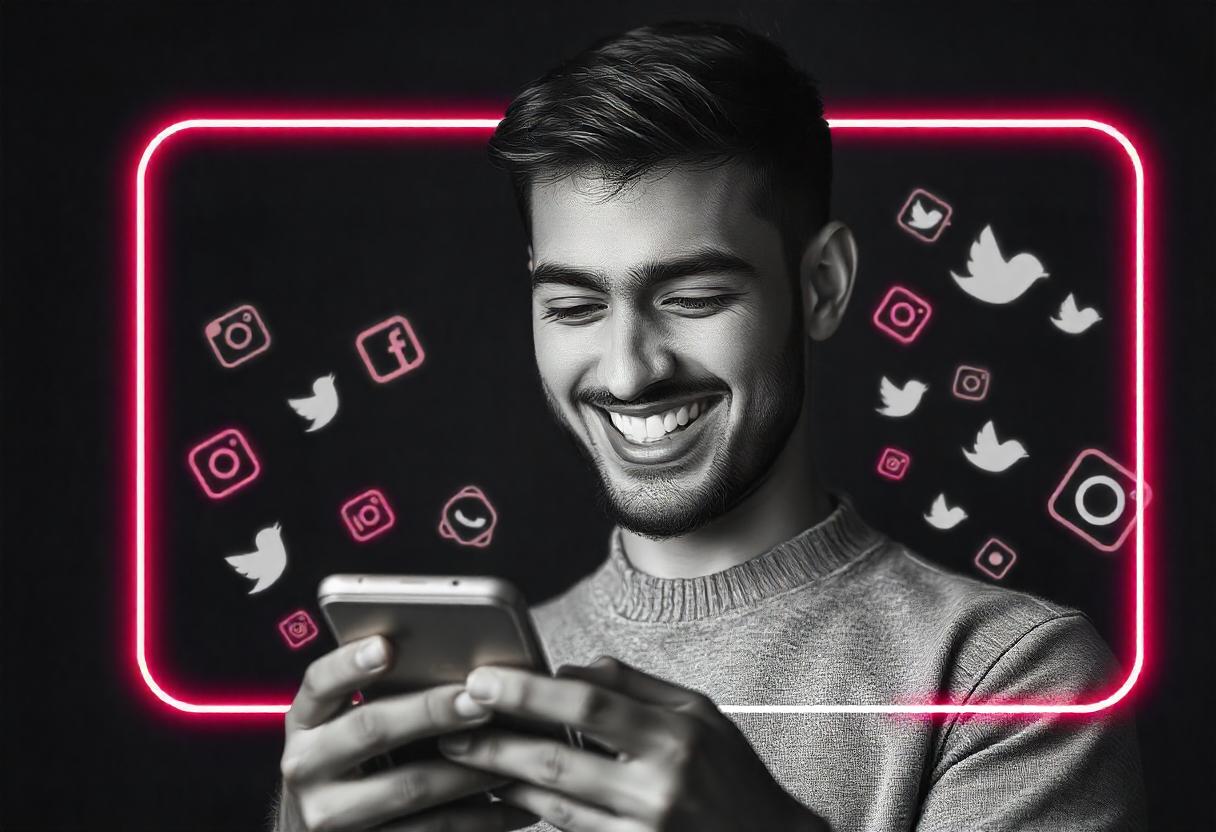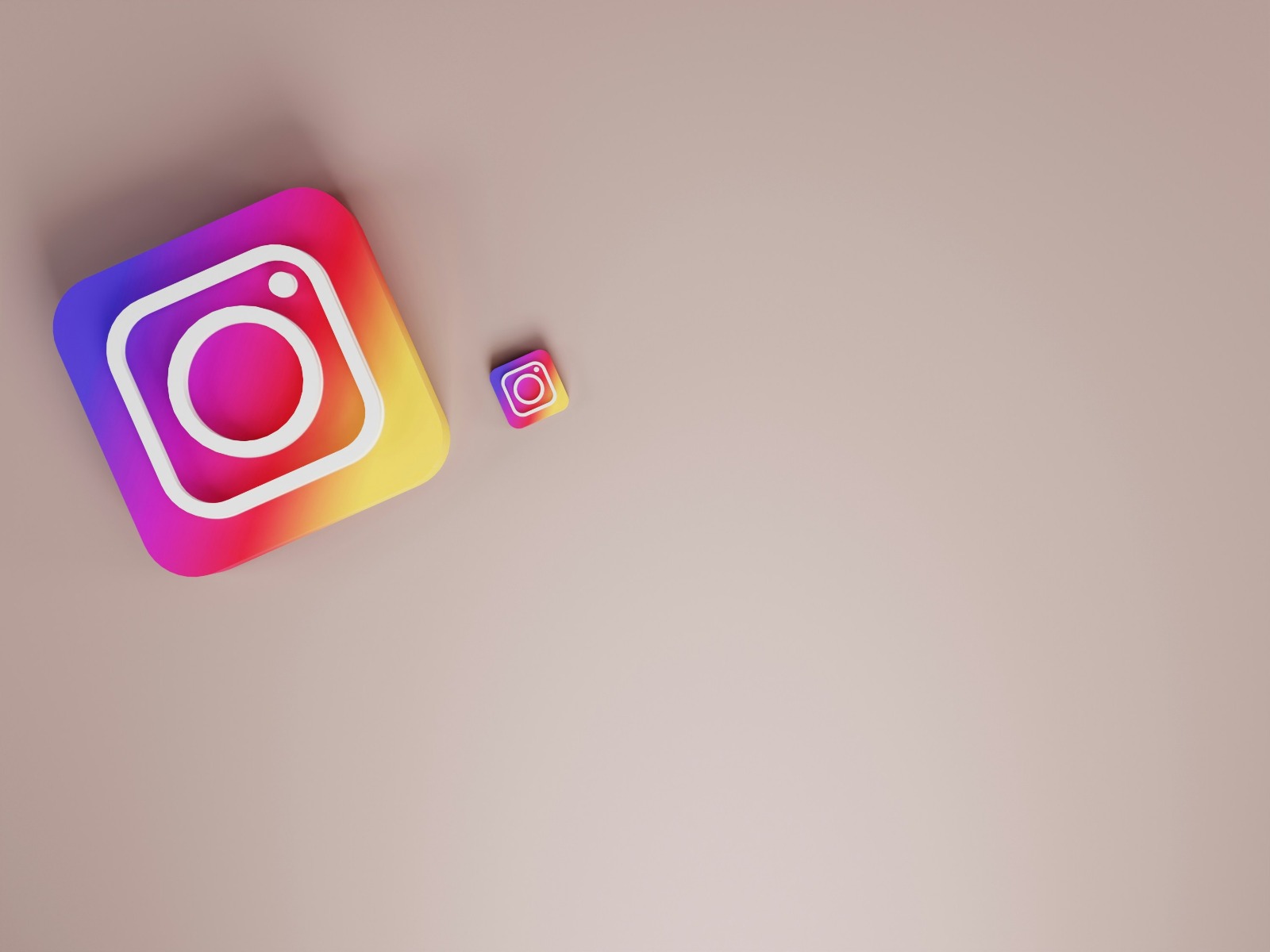The Impact of Social Media on Mental Health and Breaking Free from Addiction

Social media addiction is becoming more common than ever. In India, according to a BCG report, around 85 percent of smartphone users check their phones within 15 minutes after waking up. Teenagers are among the biggest consumers of social media. On average, an Indian spends nearly 194 minutes on social media per day. Some individuals spend as much as 8 hours and 15 minutes, while others clock in up to 9 hours. That’s almost one-third of a day spent scrolling, liking, and sharing.
A shocking study reveals that Gen Z users watch approximately 350 to 400 reels per hour. What's even more surprising is that many of them don’t even remember what they saw in the last few reels. This raises an important question: When was the last time you went an hour or more without using your phone? It makes us wonder—are we using social media, or is social media using us?
How Does Social Media Impact Mental Health?
Numerous studies reveal that excessive social media use can significantly increase the risk of anxiety and depression, particularly in teenagers and young adults. But how exactly does it affect mental health?
When we receive likes, comments, or notifications, our brain releases dopamine—a chemical often referred to as the "reward" or "happiness" chemical. This creates a sense of pleasure and satisfaction, prompting us to seek that feeling repeatedly. Over time, this cycle of validation-seeking becomes addictive, making us increasingly reliant on social media for our emotional well-being.
What’s concerning is that fluctuations in dopamine levels can impact us both physically and mentally. Too much dopamine has been linked to conditions like schizophrenia, while too little can result in low motivation, lack of concentration, and even depressive symptoms. Social media platforms are designed in a way that keeps users hooked by continuously triggering dopamine surges.
Additionally, social media can shape our emotions through exposure to negative content. As human beings, we are naturally wired to notice and focus more on negative stimuli than positive ones. This means that when we see distressing news, online arguments, or pessimistic discussions, it can directly impact our mood and contribute to stress and anxiety.
Social media also fosters insecurities and self-doubt. We often compare our lives to the highlight reels of others, leading to thoughts like: Why don’t I look like that? Why do they have more money than me? or Why is my body not as attractive as theirs? This cycle of self-comparison can result in body image issues, low self-esteem, and even social withdrawal. The curated perfection seen on social media is often an illusion, but our minds process it as reality, affecting our overall mental health.
The Mental Health Crisis in India
Mental health discussions in India are often overlooked, but the numbers tell a concerning story. According to UNICEF, 1 in 7 Indians aged 15 to 24 have reported experiencing feelings of depression or anxiety. One of the primary factors linked to these issues is self-esteem, which social media heavily influences.
A survey conducted among 14,000 parents found that 10 percent reported their children (aged 10 to 16) spent an average of six hours online daily. Even more alarming is that 58 percent of parents observed their children displaying aggression due to excessive social media usage.
Another critical concern is the decline in attention span. In 2000, studies showed that the average human attention span was 12 seconds. By 2013, this had decreased to 8 seconds, and experts predict it will drop to just 6 seconds in the near future. To put things into perspective, a goldfish has an attention span of 9 seconds—meaning we may soon struggle to focus even as much as a goldfish does!
Breaking Free from Social Media Addiction
As technology continues to evolve, the likelihood of completely deleting social media from our lives is low. Social platforms have become integral for communication, work, and entertainment. However, we can take steps to prevent addiction and its negative effects on our mental well-being.
1. Monitor and Limit Screen Time
One of the first steps to breaking free from social media addiction is reducing the time spent on these platforms. Installing apps that track screen time can help identify excessive usage. Setting daily limits on social media apps can also encourage healthier habits.
2. Be Intentional with Your Content Consumption
Many social media platforms allow users to search for specific content. Instead of aimlessly scrolling, focus on content that adds value to your life—such as educational videos, career-related information, or mental wellness tips.
3. Turn Off Unnecessary Notifications
One major reason we check our phones constantly is the endless stream of notifications. By turning off non-essential notifications, we can reclaim control over our time and reduce the urge to check social media impulsively.
4. Engage in Real-World Activities
To improve mental health, replace excessive digital interactions with real-life interactions. Spend time with family and friends, engage in hobbies, or participate in outdoor activities. Activities like meditation, yoga, and exercise can significantly improve focus and reduce stress. Playing board games, solving puzzles, and reading books can also help improve cognitive function and attention span.
5. Take Digital Detox Breaks
Set aside specific hours during the day for a "digital detox." This means keeping your phone away and focusing on other activities. You can also practice “No Social Media Sundays” or dedicate at least one weekend a month to minimal screen time.
6. Seek Professional Help if Needed
If social media usage is severely impacting your mental health, seeking professional guidance can be beneficial. Therapists and counselors can provide strategies to manage social media dependency and improve overall well-being.
Now, reflecting on the question we asked earlier: Is social media using us, or are we using social media? The reality is, it depends on how we choose to engage with it. By taking conscious control of our usage and setting boundaries, we can ensure that social media remains a tool for connection and learning rather than a source of stress and addiction.
Asif Bc
Aspiring blogger in Kerala sharing insights on technology and mental health to inspire mindful living.


.jpg)

0 Comments